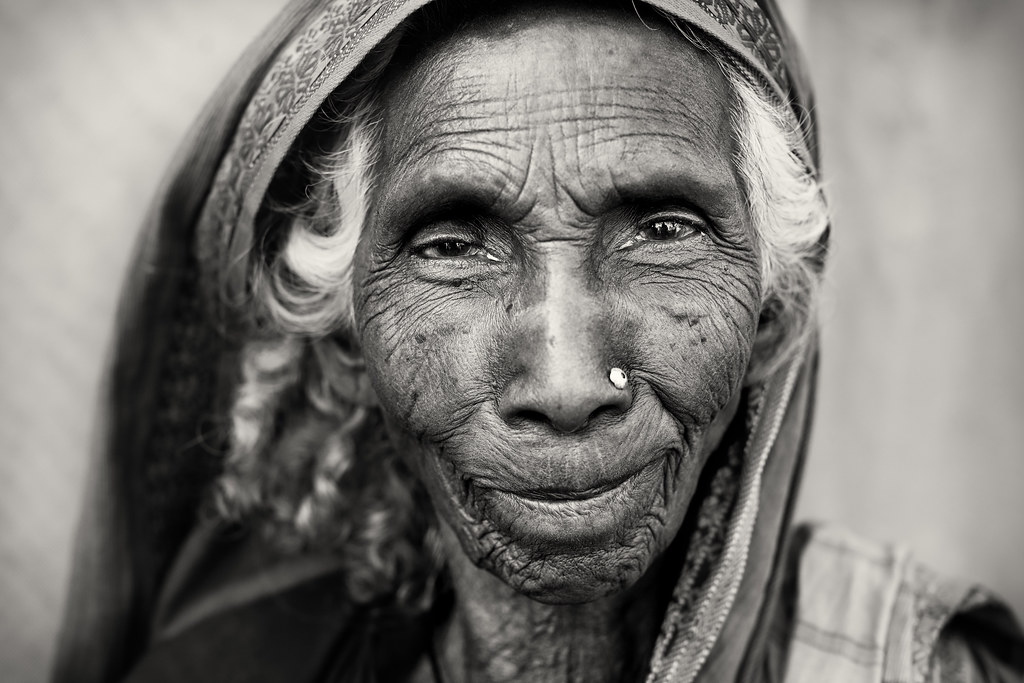Asia is one of the most colonized continents in the world. While northeast Asia was not directly influenced by the British as China and Britain did fight two major wars called Opium wars after which Hong Kong was ceded to UK for 99 years, they were heavily exploited at the behest of Portugal in the mid-sixteenth century as they brought Catholicism wrapped in the lustrous cloak of tech, arms and arsenals. South-East Asia is the one, which was exploited by Europe to serve the local Dutch and reap benefits from the resourcefulness of the nations. The colonialization of the south-east Asian parts also gave additional incentive to the colonizers, as the people of local colonies became subservient to the imperialization and underwent a religious conversion to ensure their safety.
Role of Women in Freedom Struggles
Women all over the world have played integral roles in freedom and liberation struggles. Participation of women in the Indian Freedom Struggle is a testament to that. While the Indian Freedom Struggle is seen as one of the most supreme hustles for power displacement, there have been many other conquests of the same nature in the past as well.
Bangladeshi Women in the Liberation Movement
Not much has been written about Women’s eminent contribution to the Liberation Struggle in 1971. Historians and date-clockers have always gone ahead and outrightly undermined women’s participation. Instead, the participation if at all mentioned was categorized as passive, inactive, and acquiescent. As a result, the researchers and scholars have only heightened the glory of male valour in their writings.
Women, who almost constituted half of the population in Bangladesh, contributed to the war in both direct and indirect ways. A good number of women, crossed the interstitial border and reached India, and took training in guerilla warfare. The training resulted in women as they dawned an active role as combatants at the war front. While some women opted to be at the frontline, a large pool of women ended up being nurses and medical operatives. There were even some who voluntarily opted to carry out jobs in refugee camps. Women also contributed to society, by staying in their homes and providing shelters, food, information and inspiration to the freedom fighters. Distinguished personalities like Nilima Ibrahim, Jahanara Imam, Sufia Kamal, Roma Chowdhury, Selina Hossain, Forkan Begum submitted their explanative mentions about the role of women in their distinct publications.
Women in Bangladesh also took up extremely risky jobs. While physical combat at the frontier was certainly life-endangering, women along with children agreed to be informants of the freedom fighters. Since women and children were considered docile, not much attention was given to them by the Pakistani Juntas. Bir Protik Taramon Bibi, who was a designated cook at one of the freedom fighters’ camps, also performed her duty as a cunning informant.
While the sword was whirling at its pace, the pen didn’t lag much behind. Women Journalists and writers, poets, musicians also contributed to the liberation struggle through their respective professional fields. Journalists collected news from the battlefield and wrote them in newspapers and disseminated it throughout the country. Furthermore, patriotic songs like ‘Joy Bangla Banglar Joy’, ‘O Bhai Khati Sonar Cheye Khati’, ‘Mora Ekti Fulke Bachabo Bole Juddho Kori’, ‘Sob Kota Janala Khule Dao Na were written by women, which motivated children as well as the old and catered towards the struggle as well.
Women in Vietnam War
About 11,000 military women were stationed in Vietnam during the war as per the Vietnam Women’s Memorial Foundation. The women here carried similar roles as that of Bangladesh as they served as soldiers, health workers, and journalists. Furthermore, women also served as general physicians, air traffic controllers, intelligence officers and held other positions in the U.S. Women Army Corps U.S. Navy, and U.S Air Force. Apart from being in such influential and dominating positions, women also carried out voluntary service works on behalf of the Red Cross, United Service Organizations, Catholic Relief Services, etc.
The military women who served in Vietnam largely discharged their duties as nurses. Stationed at the small age of 20 at the war-front to a seasoned career by the time they turned 40, testifies their active role in the war. Significant sacrifices of seasoned officers such as Lieutenant Colonel Annie Ruth Graham who served in World War II and Korea succumbed to a cardiac arrest. Furthermore, First Lieutenant Sharron Lane died from shrapnel wounds in an attack. She was eventually awarded the Vietnamese Gallantry Cross for Heroism.
In addition to the military women, civilian women also contributed heavily to the Vietnam conflict. Many American women travelled as foreign correspondents and bureaucrats and collected news from the battleground and circulated it across the globe. Georgette ‘Dickey’ Chappelle who was a writer for The National Observer died due to a mine explosion. As per the available date, a total of 59 civilian women lost their lives while discharging their duties for the Vietnamese soil.

